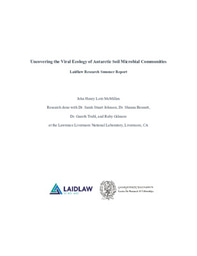Our first full week in Sucusari, the nexus Maijuna community that would be our basecamp for our camera trapping expeditions, was about settling into rhythm: life at the ACTS lodge, the pace of the hikes, and the constant presence of the rainforest. Suddenly, we weren’t tourists anymore. The seriousness of our work and the expectations to maintain professional composure began to settle in as we started our expeditions and got to know our Maijuna guides.
What went well was leaning into this immersion. I volunteered often, even if I didn’t always “win” the chance to be first on a boat or at a site. When trudging waist-deep through flooded trails during our "practice hike" and getting bruised after falling off an underwater bridge, I appreciated these moments as being part of the adventure I'd signed up for. These setbacks were humbling but also freeing—reminders that resilience mattered more than perfection, and that my partners were there to support me.
What I could have done differently was be quicker to introduce myself to the guides. One of my first failures came when, at our first camera trap site as I was filling in my lab notebook, I asked their names for metadata before actually introducing myself. A rookie mistake, but one that taught me the importance of respect and small gestures in building trust.
While at first my training made me view the rainforest as a landscape of risk, filled with snakes and poisonous river water, the Maijuna’s calm confidence and comfort with their ecosystem shifted my perspective. By the end of the week, I was more comfortable taking smart risks, and was more present in the moment.
Leadership here was about building bridges—literally and socially. While Brian sometimes scolded us for not connecting enough with the Maijuna, I was already realizing that cultural integration takes time. I wanted to help our group move past the comfortable “English clique” and genuinely engage with our hosts.
Next, I wanted to keep developing my social courage: turning to talk to hunters, introducing myself to guides, and asking how people were feeling. The week showed me that science and friendship weren’t separate goals, but were intertwined and equally important for a successful expedition and to make sure our work was empowering for the Maijuna and driven by their values, beyond our research goals.


Please sign in
If you are a registered user on Laidlaw Scholars Network, please sign in